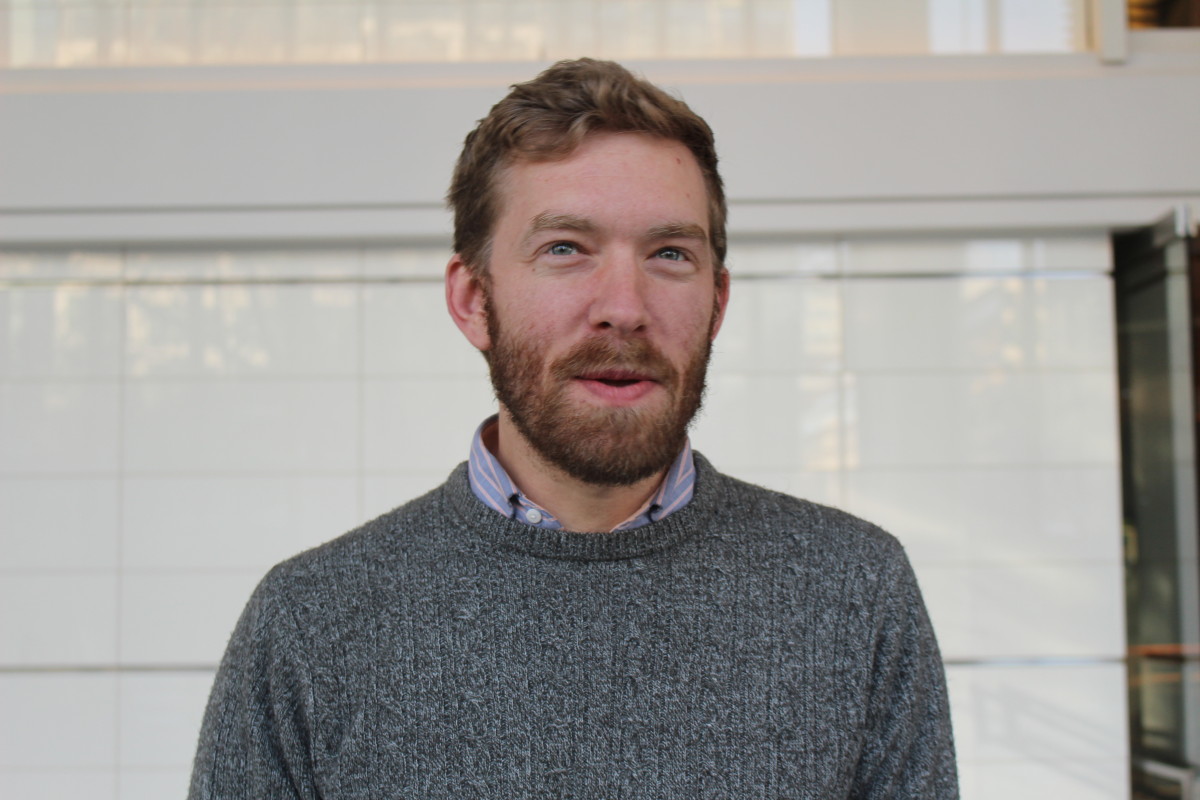Greg Bloom wants the nation’s nonprofits, government agencies and other third parties to speak the same language when it comes to indexing local community resources. But implementing this data revolution requires no shortage of incremental negotiations.
The Open Referral project is a plan to use a common language called the Human Services Data Specification to standardize APIs and other machine-readable data sets of community resources. The idea was conceived as DC Open 211 around 2009, after conversations between the community group Bread for the City, the District’s Department of Human Services, the Deputy Mayor for Health and Human Services and other local organizations.
We just want all the APIs to be speaking the same language.
While attempting to merge Bread for the City listings with the government’s 2-1-1 data, “we ended up with a Frankensteinian data-monster that wouldn’t really be usable,” Bloom said in a follow-up email.
To Bloom, at the time working as Bread’s “communications guy,” the emerging question was: “given that there are all these organizations producing directories at great cost to themselves, how can we share the data?”
The solution seemed simple enough: “We want there to be many different ways to publish this information [but in the] same format — as raw, machine-readable data.” But, he added, “We just want all the APIs to be speaking the same language.”
Yet despite some good intentions from local actors, the project nationwide became a crash course in convening different stakeholders — nonprofits, government agencies and private companies that publish the data — to the table and giving them a good reason to change.
He argued that it’s often in their best interest to open up their datasets. Many of them “don’t know how their business model is going to survive,” he said. His pitch to them: “if you publish via API, people will stop scraping your site, you’ll be able to better monitor the use of your own data.” For that purpose, Open Referral seized upon Ohana, an API created by Code for America in San Mateo County.
“Let’s take that API,” Bloom said, and “bring other stakeholders to the table.” Eventually, he decided it was worth “developing more sophisticated tools for producing this information.” The Knight Foundation sponsored its redevelopment into a free, open-source and easy-to-deploy application that organizations can use to publish their list of social services resources.
During Open Data Day DC 2013, the project got off the ground with civic hackers working to merge several data sets together. Then, in June 2013, the civic hackers go some unexpected help from above: Google proposed a civic services schema, a web markup system to streamline government services data online, that was taken up by Schema.org and then approved by the World Wide Web Consortium.
Now the Open Referral project aims to piggyback on this established standard, with a language that can allow datasets using the civic services schema, and others using the 2-1-1 schema, to correspond with each other.
“Our format is designed to bridge the old 2-1-1 standard and this new Google-based standard,” said Bloom, a self-described “maverick.” In late 2013, he proposed the open referral initiative, and in March, the group published Human Services Data Specification 1.0, the language’s open beta version.
In D.C., Open Referral has teamed up with Bread for the City, which plans to convert its own database of community resources from Access to Salesforce. In the process, it hopes to adopt Open Referral’s data specifications. Meanwhile, the District will be implementing it in late spring, according to an official. This will ensure that while it maintains its list of government services and contractor resources, community groups like Bread can incorporate it into their own database of resources, and then share it.
Soon, “the city’s system [will have] an API that will be speaking our language,” said Bloom.
The project is also in various stages of development in Miami and San Francisco. It’s live in Chicago. There, a company called Purple Binder operates a comprehensive community resource directory using the Open Referral language.
In the end, the mission can only work with a combination of coordination and groundwork, said Bloom. “Every community faces the same challenges but it all shows up differently.”







